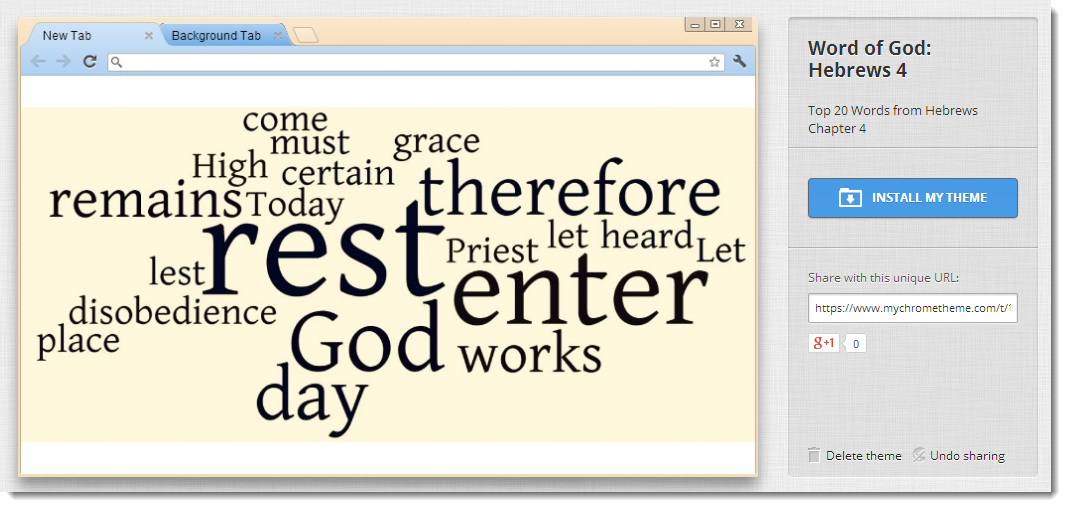There is a lot to be learned from a man who takes everything he believes he deserves, spends its wastefully and then becomes a despised servant, willing to eat pig slop to stave off starvation. A man who’s heart is changed, when on a given moment he realizes he would rather be a servant to the one he should have served and honored, than left to the condition of slow degeneration and certain death.
How often we need to be reminded of all we have received. How often do we walk by the magnificent majesty of the creation around us, on our way to work or play; forgetting to notice the stars (including the sun,) the mountains, the trees, the breeze, even the simple and steady beat of our own hearts, or the breath which flows in and out of out bodies.
Do we need to be made slaves under poverty to recognize the wealth, gifts and care we have received from God above, immeasurable blessings both in heart and mind?
On the day the rebellious son returned home, he was no longer rebellious. He attitude was changed and he longed for the opportunity to be a slave in the house of his father. Think about that, a slave in the house of his father. Are you willing to be a slave? Could you be a slave to your earthy father?
Such a man, broken and beaten down, imparts to us the knowledge of restoration. I am not speaking of the restoration of his position as son. He was always the son, that was never in doubt. But, restoration of a spiritual sense, as he learned to be a slave, as he came to understand; he was better off a slave in the hands of a righteous man, than to wander and serve the unrighteousness of his own devices.
In a real sense this parable, which pictures heaven and those who enter in; death and resurrection; pride and vanity verses humility and trust;, is intended to focus our attention on the cost of salvation. Not the cost Christ paid, but the cost He asked us to pay (Luke 14:26-33.) The context of the Prodigal Son is given both for and against the people of God, that is Israel.
Those who come are of Israel, some are not. Of those who come, God has given everything they have. Those who do not come, have received everything they have from God (John 3:27; 1 Cor 4:7.) But which of these has received the greater gifts. It is those who come, compelled as the wedding guests were, seeking as only the redeemed can seek, asking for what only the elect can receive, they come broken and blind and humbled, and they say to God,
“I am your slave. Do with me as you will.”
The truth is all men are the slaves of God. But only the elect enter into the kingdom. For this reason the parable says in the Gospels, “many are called, but few are chosen” (Matt 22:1-14 compare Luke 14:7- 24) and those who are chosen, are indistinguishable from those who are not, until they are demonstrated as chosen. They are all sinners, they all fail to accept the invitation. The chosen are chosen, all are called. The elect are elect, they are called and chosen. But, after they are elected, that is in this life once the Spirit enters into the elect, the life is distinguished from the lives of others, because they come and say,
“I am your slave. Do with me as you will.”
By this token, love is understood. Love is a commandment, it is discipline, it is truth, it is the very nature of God, without contradiction. God choses the elect out of Love, God condemns the elect in Love, for God is Love! Therefore nothing He does is apart from Love. (Romans 9:14-25; 1 John 4:4-13)
We can learn from the Prodigal the brokenness required to come to the feast forsaking all else. To receive the mercy, and live a life of willing sacrifice. We might learn we are dim witted and slow to understand, that all we have is Gods, we are his slaves, and He can do with us as he desires.
We can learn we are just like the prodigal, we say, “this is MINE! MINE! MINE!” and forget it is all His! And we can remember when He has taken it all away, that we only need to return to Him and say,
“I am your slave. Do with me as you will.”
We cannot enter into our mothers wombs a second time, but He has given us new lives. He has pulled us from the soiled and bloody womb of this corrupted world, we have been born again, if indeed we are His.
Christ said it best not with the words I echoed above, “I am your slave. Do with me as you will.” He said,
Luke 22:42
Blessings!




